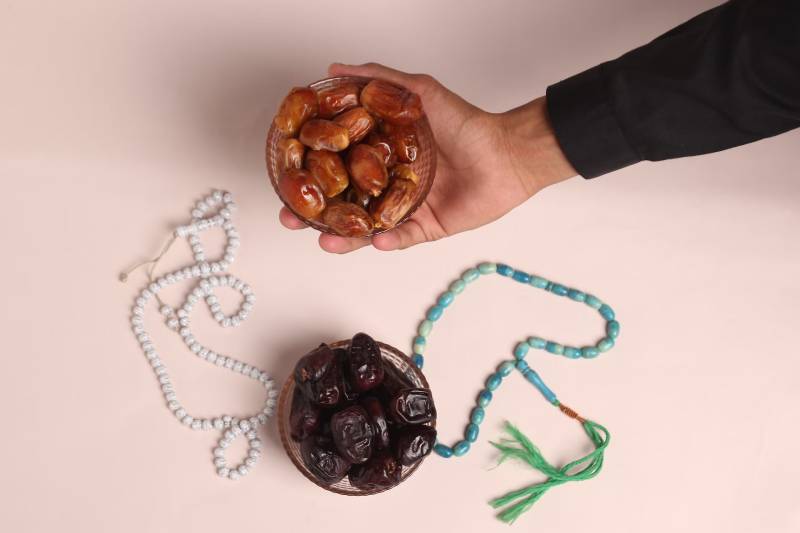Kedai Kurma and Growing Employment in the Malaysian Date Industry

Kedai kurma, the Malay term for date shops, are a familiar sight and aroma in Malaysia. These vibrant havens overflowing with date varieties are more than just retail spaces; they’re cultural hubs and sensory experiences. However, with a growing demand for dates, the Malaysian date industry has an exciting opportunity – creating more employment opportunities through local date cultivation and processing facilities. This blog post explores how Malaysia can tap into this potential and transform itself into a regional leader in the date industry.
Beyond Retail Delight: The Allure of Date Shops
Date shops hold a special place in the hearts of Malaysians:
-
Cultural Significance: Dates are deeply woven into Malaysian culture, especially during Ramadan. Date shops represent this rich heritage and foster a strong sense of community.
-
Sensory Experience: The aroma, diverse varieties, and vibrant atmosphere of Date shops create a unique and delightful shopping experience.
-
Personalized Service: Many Date shops offer personalized recommendations and knowledge, fostering trust and customer loyalty.
However, the Malaysian date industry currently relies heavily on imported dates. By promoting local date cultivation and processing facilities, the industry can create exciting new job opportunities for Malaysians.
Sweet Seeds of Opportunity: Local Date Cultivation
Local date cultivation offers significant potential for job creation:
-
Farming Jobs: Cultivating dates requires skilled workers for planting, irrigation, harvesting, and pest control, creating numerous employment opportunities in rural areas.
-
Supporting Industries: Local date cultivation would stimulate growth in supporting industries like fertilizer production, equipment maintenance, and transportation, fostering job creation across various sectors.
-
Knowledge Transfer: Developing expertise in date cultivation would require training programs and research initiatives, creating opportunities for agricultural scientists and educators.
Processing Power: Expanding Date Landscape
Investing in date processing facilities would further expand employment opportunities:
-
Processing Jobs: Facilities require workers for sorting, cleaning, drying, packaging, and potentially value-added processing like date-based products, creating jobs in urban and rural areas.
-
Quality Control: Ensuring product quality requires skilled personnel for inspection, testing, and implementing hygiene protocols, creating opportunities for food scientists and quality control specialists.
-
Logistics and Distribution: Efficient distribution of locally processed dates necessitates a robust logistics network, generating employment opportunities in transportation and warehousing.
A Sweet Conclusion: Cultivating a Future of Opportunities
The Malaysian date industry has the potential to be a significant source of employment opportunities. By promoting local date cultivation and establishing date processing facilities, the industry can create jobs across various skill levels, revitalize rural economies, and position Malaysia as a leader in the regional date market. So, the next time you visit a Date shop remember – you’re not just indulging in a delicious treat, you’re supporting a potential future of growth and opportunity for Malaysia!
Key Highlights:
- Kedai kurma are traditional Malaysian date shops offering a cultural experience beyond just retail.
- The Malaysian date industry currently relies heavily on imported dates.
- Local date cultivation can create jobs in farming, supporting industries, and knowledge transfer.
- Date processing facilities can create opportunities in processing, quality control, logistics, and distribution.
- By promoting local date cultivation and processing, Malaysia can create new jobs, revitalize rural economies, and become a regional date leader.